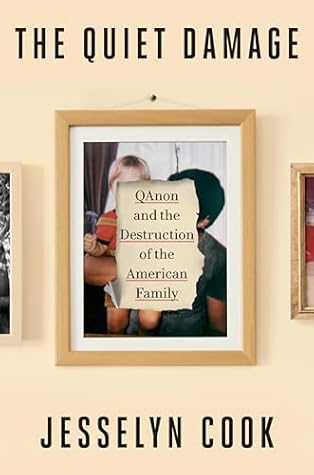More on this book
Community
Kindle Notes & Highlights
Read between
September 23 - October 6, 2024
For many, the allure is less about what it makes them think than how it makes them feel.
Researchers would later find a positive correlation between conspiracy theory belief and depression—most prevalent, interestingly, among the relatively privileged: white people, high-income earners, and those with college educations. Psychological stress as well as state (situation-based) and trait (personality-based) anxiety were also determined to be precursors, suggesting a circumstantial vulnerability in some cases rather than a mental disorder.
That was perhaps the greatest gift QAnon could offer its adherents. Man’s desire for meaning was intrinsic and intoxicating; famed psychiatrist Viktor Frankl had called it the primary motivation of human existence. It was also elusive—only one in four American adults had a strong sense of life purpose—and the pursuit had led some down dark paths.
Research suggests that harboring grievances—whether they stem from real or perceived offenses—actually makes people feel good. Brain-imaging studies have revealed that feeling aggrieved, and in turn, desiring retribution, stimulates the same neural reward-processing circuitry as narcotics.


